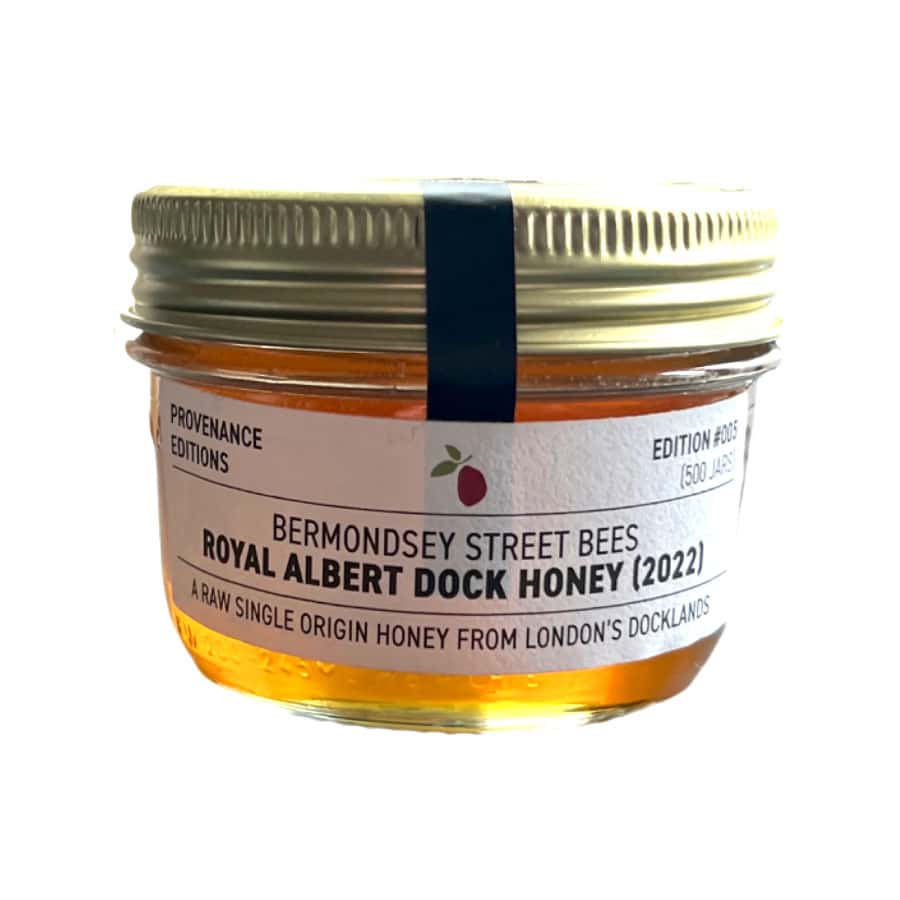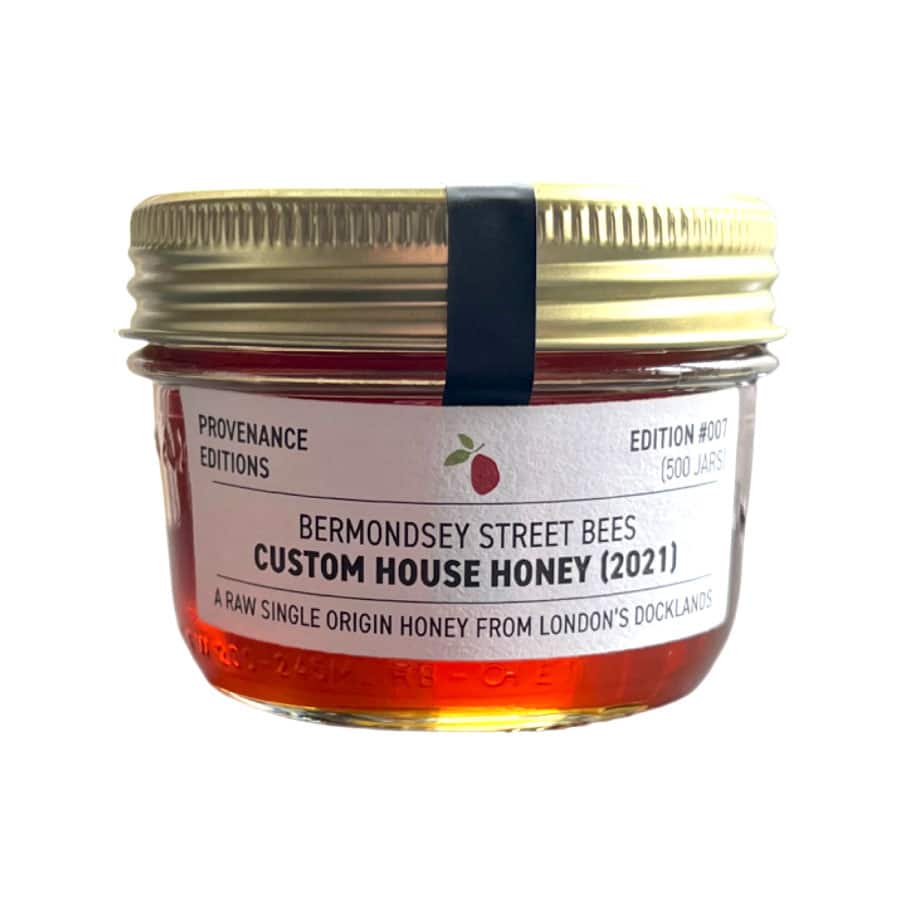Author
JOSH HOPPEN PROVENANCE HUB
LAST UPDATED
12TH JUNE2020
READING TIME
APPROX7 minutes
NEXT GENERATION FARMING
On the plains of the sprawling Po Valley in Northern Italy, one family farming business is combining decades of experience in breeding cattle and growing crops with innovative and sustainable agro-technical technology. The five sisters who founded Meracinque have set about challenging traditions, joining a new wave of farming and reinventing agriculture as we know it: welcome to Agriculture 4.0.
According to the European Parliament, Agriculture 4.0 is “a farming management model based upon observing, measuring and responding to inter and intra-field variability in crops”. The aims of applying new technologies in this most traditional of sectors is to increase the productivity of the crops while ensuring a higher environmental sustainability. In other word, produce more, produce better, and with less.

‘The sisters of Meracinque are bringing rice farming in Italy into the 21st Century… not only breathing new life into their family business, but also pioneering new techniques and deploying state-of-the-art technology.’
GOING AGAINST THE GRAIN
Just 1% of Italian companies practice Agriculture 4.0, and among them is Meracinque. In a traditionally male-dominated industry, these five female entrepreneurs would gather around the family dining table and over a delicious risotto-based dish, think about how to reinvent their father’s passion and challenge the norms of agriculture in the north of Italy.
For centuries, women could be found more on the production side, weeding the fields, planting seeds and participating in the harvest. It could be backbreaking work with terrible working conditions, usually carried out by women from the poorest social classes, known as mondinas, from the Italian monda – cleansing, or in this context, weeding the fields. The story goes that the popular protest folk song Bella Ciao originated in the hardships these mondina faced.
A far cry from the oppressive conditions of bygone days the sisters of Meracinque have been able to draw on their own international experience and education and bring agriculture into the 21st Century in more ways than one. Not only are they breathing new life into their family business, but also pioneering new techniques and deploying state-of-the-art technology.

‘Devices in the fields include sensors that measure parameters, such as soil moisture and mineral content, allowing real-time monitoring of the crops and, through advanced statistical modelling, predicts when watering and fertilising is required.’
THE INTERNET OF FARMING
The Internet of Things industry has revolutionised many different sectors, and farming is no exception. Connected devices which feed important data to each other can increase efficiency and improve processes with less human intervention, and in this context, to improve the yield and quality of the crops in the fields.
Before seeding, the land is scanned using ground-penetrating radar and electromagnetic scanner, helping farmers understand which areas of land are more fertile than others down to the square metre. The seeding machine uses this data to plant more or less seeds in specific areas to ensure the healthiest growth with the greatest yield.
During growth, devices in the fields include sensors that measure lots of different parameters, such as soil moisture and mineral content. All of this valuable data allows real-time monitoring of the crops and, through advanced statistical modelling, can predict when watering and fertilising is required. It can also help inform when the best time is to confront threats to the crops, from pests and fungus to severe weather.

‘The land is fertilised with organic substances produced by local cattle, who have been carefully fed an integrated diet which includes effective microorganisms. This is a little like probiotics which promote healthy bacteria in our own stomachs.’
MICRO-NATURAL
The lands used to cultivate their superb Carnaroli rice are fertilised with organic substances produced by local cattle, who have been carefully fed an integrated diet which includes effective microorganisms. This is a little like probiotics which promote healthy bacteria in our own stomachs. The fertiliser acts as an extremely effective treatment against fungal diseases as the plants become more resistant to pests and diseases – entirely naturally.
This technique has been pioneering in recent years by Japanese and Korean agronomists. They have experimented with introducing live bacteria to crops at a specific moment in the cycle to reinforce their immune system and promote healthy growth. In Meracinque’s fields, this process is combined with the addition of micronised rock dust from Austria, which have an overall positive impact even when the soil is resting. You can see how healthy the soil each year through a diverse ecosystem of many worms and butterflies.

SUSTAINABLE GROWTH
These technologies and scientific advances not only optimise the quality of the rice harvest, but they ensure that there are less resources required at every step, and therefore less pollution overall. For example, after each harvest the grains need to be dried. In a true Agriculture 4.0 model, the rice is dried at a low temperature in dryers that use natural gas, rather than any petroleum products that pollute more and leave hydrocarbon residues on the final product.
When it comes to the final steps before sale, the aim is to get the product packaged as close to the fields as possible to minimise transport. Again, state-of-the-art machinery is used where rice is passed through an optical reader to remove defective grains, before put into the packing machine. Before the end of 2020, Meracinque aims to pack the rice in 100% biodegradable packaging, following an ethos throughout of sustainable farming from seed to table.
MERACINQUE MICRO-NATURAL CARNAROLI RICE
MERACINQUE GALLERY








